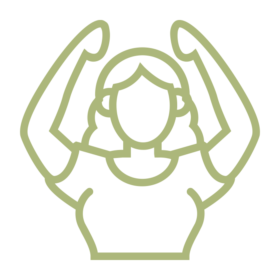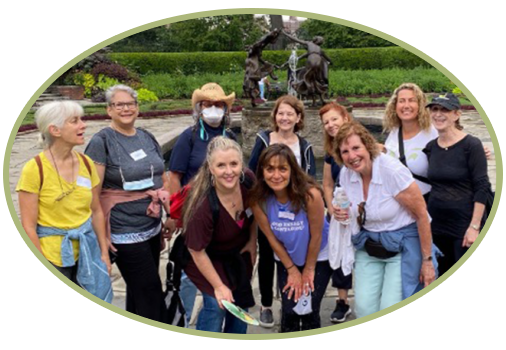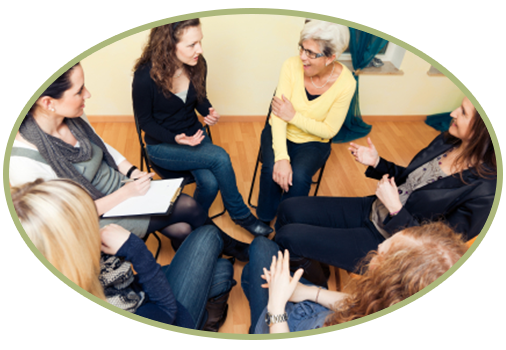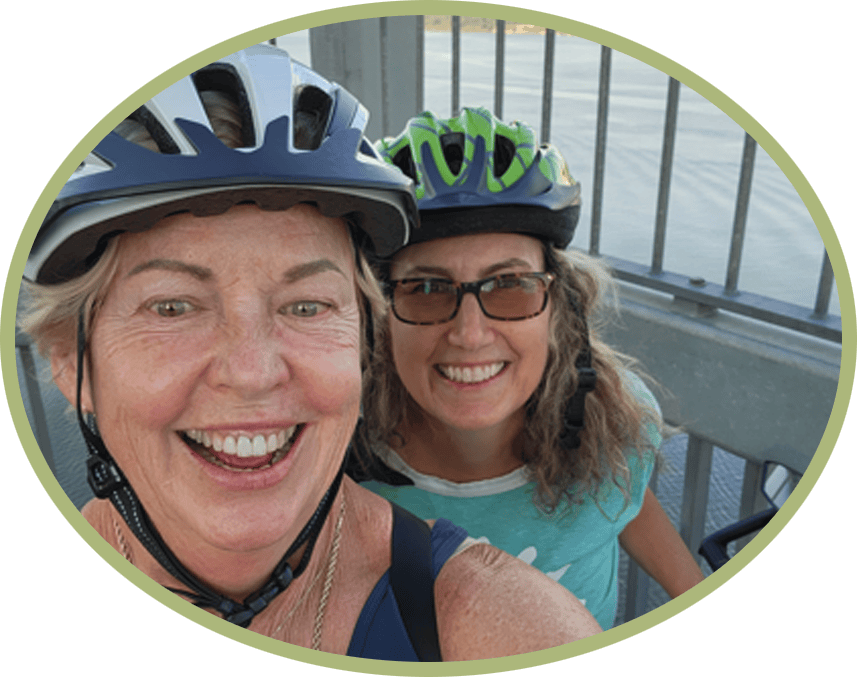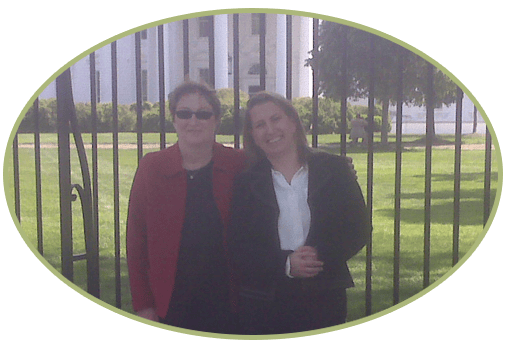Breaking The Myths of Widowhood
By Ellen Kamp and Dawn Nargi, Cofounders of The W Connection
Widowhood. It can happen to any woman. We know … it happened to us.
Whether a spouse battles a long illness or dies suddenly, no one is ever prepared for becoming a widow. Devastation, loneliness, sadness, and loss of direction make widowhood one of the most difficult times in a woman’s life. Although 75% of all married women will be widowed at least once in their lifetime, little or no training is available to help them learn how to deal with and adapt to the consequences of their loss.
It’s true that when a woman loses her spouse, friends, family, and service professionals want to help and so they offer advice and guidance. And, since widows are anxious for help to get through this devastating time, they listen. Yet, experience has shown that much of this well-intentioned advice is based on myths, not reality, and these myths make the time after a spouse’s death even harder and more confusing.
This article identifies the 12 most prevalent myths about widowhood and, more importantly, describes the realities widows encounter.
To summarize, if you are a widow or someone trying to help a widow, it is important to break free of these myths and live within the realities of a painful and devastating loss. Only by doing so can the rebuilding process begin.



